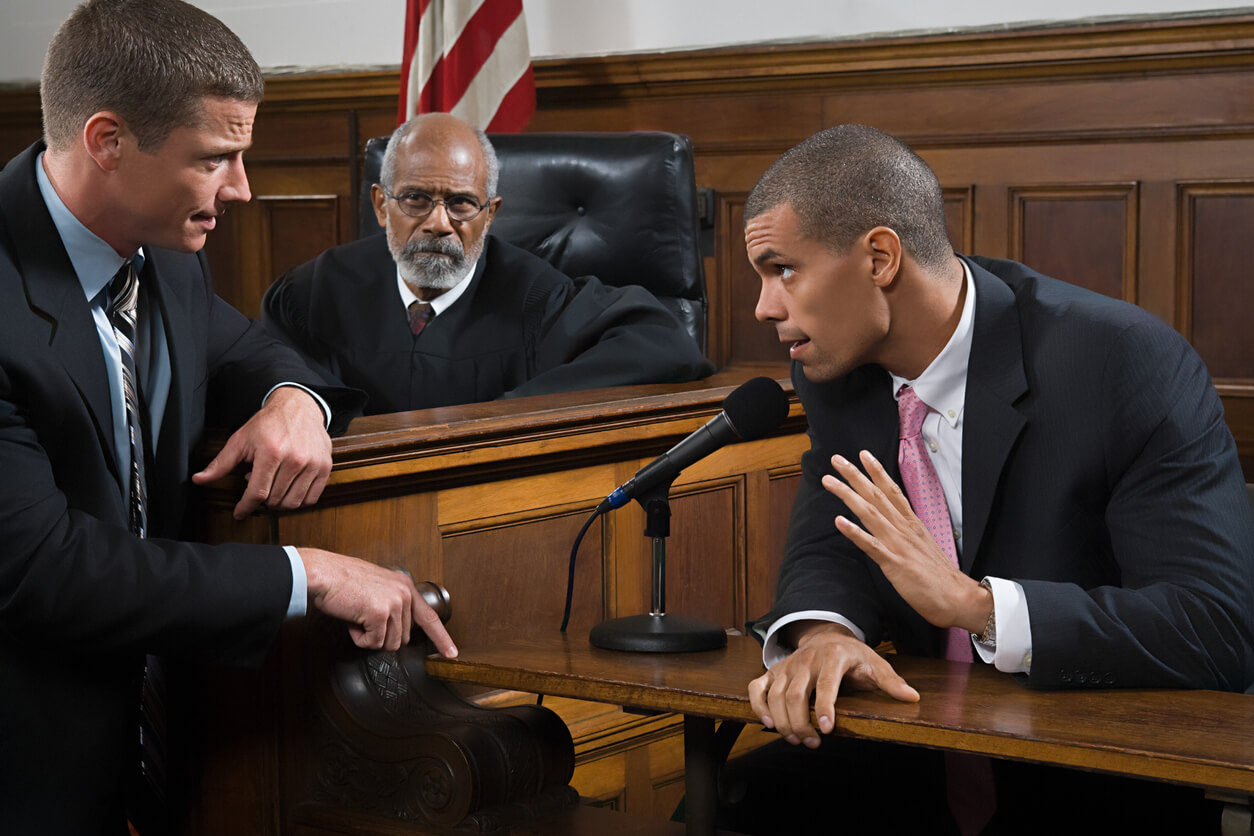If you are injured in a car accident, you may be in pain and you may be overwhelmed. The last thing you are probably going to want to think about is the possibility of a long road ahead to both your physical recovery as well as recovering compensation from the harm you have sustained. Still, the sooner you start to think about and take steps towards pursuing a car accident claim, the stronger your case can be. Here, we will discuss what type of proof will be relevant in a car accident claim so that you can be mindful of it should you ever find yourself in this kind of situation.
What Kind of Proof is Relevant in a Car Accident Claim?
Insurance companies will not just hand over a check after an accident. In fact, it can be quite the opposite. An insurance company will look for any reason to try and deny or devalue a claim. They are businesses and committed to protecting their bottom lines, above all. Do not let lack of proof, or evidence, be a reason for them to walk away from your claim. What type of proof is going to be needed in your car accident claim? Let us start from the beginning, with the accident.
In order to pursue a car accident injury claim with the insurance company of the at-fault driver, you must be prepared to prove that their insured was, in fact, at fault and that you were not at fault, nor was anyone else. To prove this, a number of different forms of proof may be relevant. The accident report, for one, will be a central piece of evidence in this analysis. Citations issued to anyone will also likely be relevant. Witness testimony from those who saw the accident occur as well as any photographs of the scene or video footage of the accident, from something like a traffic cam, will also be relevant in this aspect of a car accident claim.
Insurance companies, and judges and juries for that matter, will also be particularly curious about the property damage that was involved in the accident. This is because people usually associate substantial property damage with causing substantial injuries to those involved. Now, we know and doctors know that serious injuries can be sustained even in low property damage cases. The fact remains, however, that high property damage cases will get people’s attention. This is part of the reason why property damage estimates and pictures of the damage sustained in the crash will also be relevant to your claim.
Another central issue to your car accident claim will be your injuries. You will need to prove the injuries and other harm you suffered as a result of the crash. This means that medical records, lab reports, and testimony from your doctor and other medical experts will be relevant to your claim. Testimony from family and loved ones who have witnessed what you have gone through since the accident and how you and your life has changed can also be relevant, especially when considering pain and suffering damages.
Personal Injury Attorney
Personal injury law is filled with details and complexities that can have a substantial impact on the outcome of your claim. The Law Office of Bryce Cook is committed to gathering the evidence needed to present your claim in the strongest possible light so that you get the compensation you deserve. Contact the Law Offices of Bryce Cook today.










